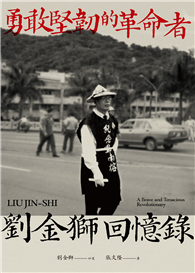Whether waiting for the train or planning the future city, infrastructure orders--and depends on--multiple urban temporalities. This agenda-setting volume disrupts conventional notions of time through a robust examination of the relations between temporality, infrastructure, and urban society. Conceptually rich and empirically detailed, its interdisciplinary dialogue encompasses infrastructural systems including transportation, energy, and water to bridge often-siloed technical, political-economic and lived perspectives. With global coverage of diverse cities and regions from Berlin to Jayapura, this book is an essential provocation to re-evaluate urban theory, politics, and practice and better account for the temporal complexities that shape our infrastructured worlds.
| FindBook |
|
有 1 項符合
Infrastructural Times: Temporality and the Making of Global Urban Worlds的圖書 |
 |
$ 7800 | Infrastructural Times: Temporality and the Making of Global Urban Worlds
出版社:Bristol University Press 出版日期:2024-04-23 語言:英文 規格:精裝 / 256頁 / 普通級/ 初版  看圖書介紹 看圖書介紹
|
|
|
圖書介紹 - 資料來源:博客來 評分:
圖書名稱:Infrastructural Times: Temporality and the Making of Global Urban Worlds
內容簡介
作者簡介
Jean-Paul D. Addie is Associate Professor at the Urban Studies Institute, Georgia State University. Michael R. Glass is Assistant Professor in Urban Sociology and Director of the Urban Studies Program at the University of Pittsburgh. Jen Nelles is Senior Research Fellow with the Innovation Caucus and co-director of the Oxford Regions, Innovation, and Enterprise Lab (ORIEL) at Oxford Brookes Business School.
|











